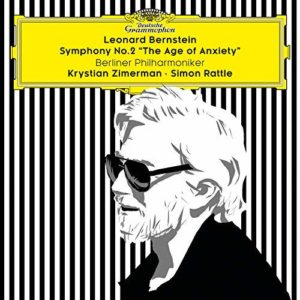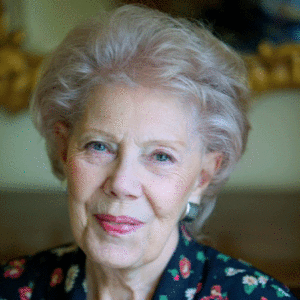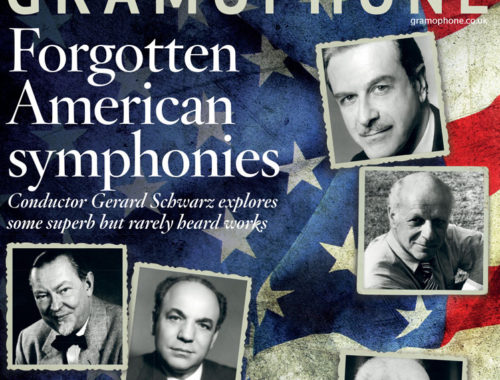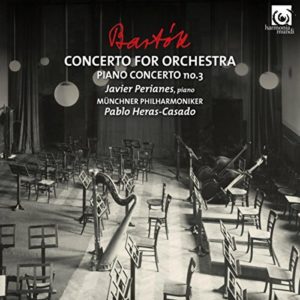GRAMOPHONE Review: Bernstein Symphony No. 2 The Age of Anxiety – Berlin Philharmonic/Zimerman Rattle
 A few words of introduction from the man himself (Bernstein in conversation with Humphrey Burton) preface this performance of perhaps his finest concert work – and in case we were in any doubt of the inspiration behind those nighthawkish clarinets at the outset (one of Bernstein’s most memorable creations) the composer refers once more to Edward Hopper’s now celebrated image of a strangely inviting ‘lonely town’ bar in the wee small hours. The other (bigger) inspiration, of course, was W H Auden’s extraordinary prose poem ‘The Age of Anxiety’ and the idea that ‘having fun’ in miserable times (World War II) was just another way of ‘being hopeful’, that something better – a new beginning – was just around the corner.
A few words of introduction from the man himself (Bernstein in conversation with Humphrey Burton) preface this performance of perhaps his finest concert work – and in case we were in any doubt of the inspiration behind those nighthawkish clarinets at the outset (one of Bernstein’s most memorable creations) the composer refers once more to Edward Hopper’s now celebrated image of a strangely inviting ‘lonely town’ bar in the wee small hours. The other (bigger) inspiration, of course, was W H Auden’s extraordinary prose poem ‘The Age of Anxiety’ and the idea that ‘having fun’ in miserable times (World War II) was just another way of ‘being hopeful’, that something better – a new beginning – was just around the corner.
Krystian Zimerman has long enjoyed a special ‘connection’, affinity, call it what you will, with this special piece, returning to it often (including with the composer himself) and with growing appreciation of its curious odyssey. His is a very wise, very seasoned, poetic take on it and from his very first solo is possessed of a thoughtful ‘inwardness’. He finds the heartache and disillusionment between the notes and conveys an hypnotic ‘out of body’ feeling in its many moments of reflection. Simon Rattle and the Berlin Philharmonic Orchestra shroud him in opulence, the grand logic of it all beautifully conveyed, the dovetailing variations picking up and magnifying on what went before. It’s a piece of many new beginnings.
All of which is impressive in its own right. But when you compare the recent Pappano account with a much younger soul in Beatrice Rana taking the pianistic reins you discover another way. Rana’s Italianate positivity coneys more of the work’s throw-away frivolity – especially in the jazzy ‘Masque’ section at the heart of it all – so that those moments which show how she really feels are the more poignant by contrast.
I guess Zimerman is simply more earnest about the message depending less on the work’s irony and more on its seriousness. The whole reading is writ larger under Rattle than under Pappano, the ‘Dirge’ section, for instance, very Stravinskian, very Dystopian. My own preference (marginally) is for Rana/Pappano though both views are equally valid. How thrilled Lenny would have been to see a growing presence in the recording catalogue for this piece.
The engineering of the new Zimerman/Rattle is first rate with the discombobulating effect of the offstage piano (quite literally ‘out of body’ – a weird and wonderful Bernstein effect) especially well managed. So, too, the renewal of faith in the closing pages, a new day thunderously dawning in this new Berlin account with the tolling bell (very ‘present’) ambiguously suggestive of both a warning (perhaps even a death knell?) and a celebration.




